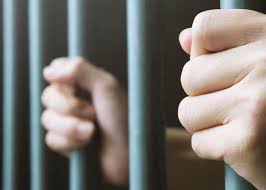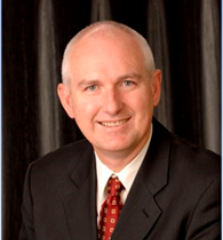The National-led government has just announced a full ban on prisoners voting: https://www.rnz.co.nz/news/political/559446/prisoner-voting-ban-to-be-brought-back-paul-goldsmith
This is a reversal from a change allowing prisoners imprisoned for a term shorter than three years (the length of New Zealand’s election cycle) to vote. This reversal would mean that, purely depending on when in the election cycle one is sentenced, some prisoners would not be able to vote in elections. The same punishment, at a different point in the election cycle, would allow the same prisoner to be able to vote. In other words, some prisoners would be disenfranchised based purely on chance.
In my book The Power of Wellbeing, I praised the enfranchisement of prisoners with terms shorter than three years. In chapter 7, ” Replacing Partisanship with Positive Participation”, I highlighted the importance of public participation in not just making and maintaining a democracy but maintaining the health of the General Wellbeing (or GWB) of society.
Active positive participation is vitally important in so many aspects of our lives. In it, we connect to others and are able to have connections, shape events, and become part of a broader community that we care for. We become more interested in being responsible for those around us. This is one of the core themes in my book: that by taking a General Wellbeing approach, we can develop a more holistic and effective way of tackling social ills, of which unfortunately, there are plenty.
It is not “soft-on-crime” to keep our most important political rights protected. I disagree with the argument that the reinstatement of prisoners’ voting rights is soft on crime at all. It’s the equivalent of saying that providing prisoners with counselling and rehabilitation support while in prison is “soft,” or to use the much maligned and misquoted term “woke”; instead of seeing it helping them prepare to return to society and to contribute positively to that society, rather than feeling a sense of alienation, and re-offending
Coming back to the vote issue, voter turnout in the United States is incredibly low; the Economist Intelligence Unit has downgraded the US from being a “full democracy” to a “flawed democracy” in part because of this lack of participation. There’s also a question of equality; incarceration rates are much higher for Māori, who have low political participation already.
For my part, I see this as a step back, not forward.
Key takeaways:
✔Participation increases responsibility within a population
✔Democracy is our best form of governance, but only where it allows citizens to reach their full potential
✔Prisoners already can’t vote when they have committed severe enough crimes – a prison sentence of more than three years
✔For disenfranchised prisoners with smaller sentences, it purely depends on when in the election cycle they are, if this punishment is meted out
💬I would love to hear what everyone thinks
All this and more is discussed in my book. If this piques your interest, check out The Power of Wellbeing. It is available online at Amazon and independent bookstores such as Time Out Bookstore


